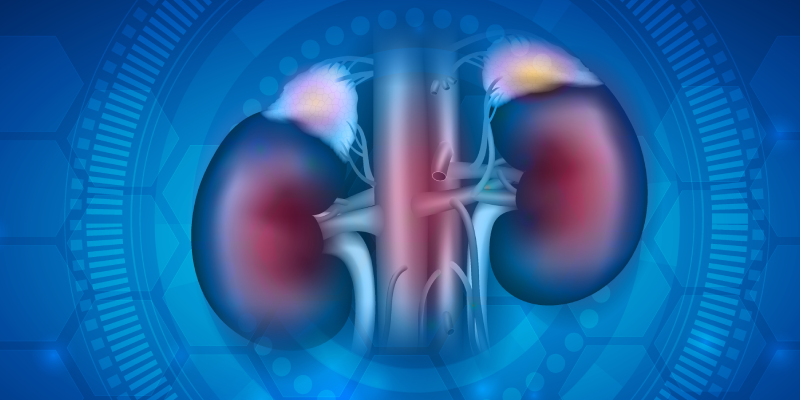
IKCS 2022
Advertisement
A study evaluated how accurately prospectively collected renal mass biopsy can identify DNA mutations in nephrectomy.
Gut bacteria play a role in the development of sarcopenia in metastatic renal cell carcinoma.
Following AUA guidelines may increase survival in kidney cancer.
An algorithm for assessing solid renal masses called the kidney MR score proved successful in differentiating lesions.
Active surveillance appears effective in renal transplant candidates and immunocompromised patients with small renal mass.
Immune-oncology agents and tyrosine kinase inhibitors are increasingly being used in treating metastatic kidney cancer.
Patients presenting with nasal or paranasal sinuses tumors should be checked for metastatic kidney cancer.
Patients with kidney cancer who exercise and stay physically active have better physical and mental health.
Artificial intelligence models can accurately predict cardiotoxicity risk in patients with renal cell carcinoma.
Patients who undergo treatment for renal cell carcinoma (RCC) have a 10-times greater risk of end-stage renal disease (ESRD).
Cabozantinib and avelumab appears safe and effective in patients with metastatic clear cell renal carcinoma.
Patients with advanced renal cell carcinoma demonstrate better responses on nivolumab plus cabozantinib.













 © 2025 Mashup Media, LLC, a Formedics Property. All Rights Reserved.
© 2025 Mashup Media, LLC, a Formedics Property. All Rights Reserved.